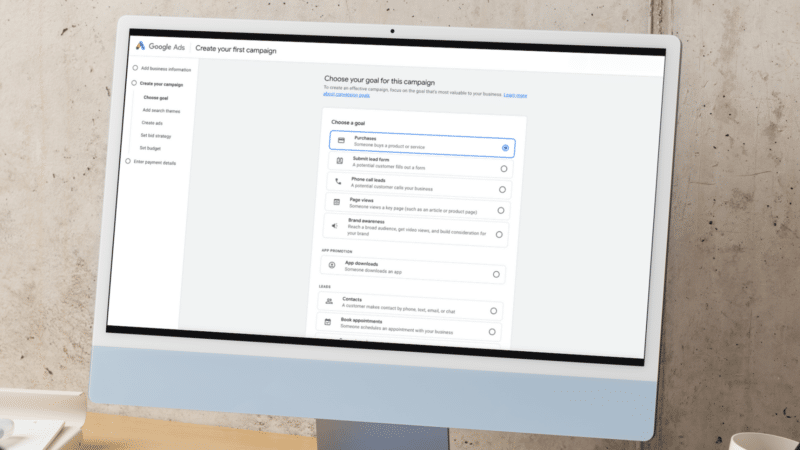
Unlocking the Power of Pay-Per-Click Advertising: A Step-by-Step Guide
Launching a successful Pay-Per-Click (PPC) advertising campaign can be a daunting task for many businesses, especially in the ever-evolving landscape of digital marketing. The complexity of various tools and techniques can drive potential advertisers away. However, understanding the core structure and implementation steps of a PPC campaign, specifically through Google Ads, can simplify the process and empower businesses to effectively engage with their target audience.
At the crux of a successful PPC campaign lies its fundamental structure. The campaign itself acts as the top-level organization of ads, categorizing them by major product lines. It’s essential for businesses to differentiate between branded and non-branded searches while maintaining subcategories for specific product types. Ad groups, which are subdivisions of campaigns, play a crucial role by allowing advertisers to tailor ads to specific user searches, enhancing relevancy and engagement.
Keywords stand at the center of targeting within PPC. Conducting thorough keyword research ensures that every ad group is coupled with relevant keywords, allowing advertisers to capture the right traffic. The importance of effective ad copy cannot be overstated; it must incorporate targeted keywords while resonating with the needs and queries of potential customers. Furthermore, ad assets—additional elements like callout phrases and location information—can significantly boost the ad’s impact.
With the framework of a PPC campaign established, the article outlines actionable steps to implement a successful Google Ads campaign. Starting with campaign setup and goal selection, advertisers can choose specific objectives that align with their business goals. Subsequently, selecting the right campaign type—be it Search, Display, or Video—frames the advertising approach. Critical settings, including those for networks, locations, and budgets, must be carefully customized to ensure optimal performance.
The precision in creating ad groups and drafting compelling ad copy is vital as it directly affects click-through rates and conversions. Advertisers are encouraged to finalize their setup by selecting the most appropriate landing pages before going live. Post-launch, ongoing monitoring and timely adjustments based on performance analytics are indispensable for maximizing return on investment.
Utilizing URL shorteners can further enhance the effectiveness of PPC campaigns by streamlining links and improving tracking capabilities. Shortened URLs not only provide a cleaner presentation but also facilitate better data analysis on user engagement and traffic sources. By integrating these tools, businesses can fine-tune their strategy and draw deeper insights into user behavior.
In conclusion, while initiating a PPC campaign may initially appear overwhelming, mastering its components and committing to continuous optimization can yield substantial rewards. Encouraging businesses to leverage their understanding of PPC will set them on the path to digital marketing success.
#BitIgniter #LinksGPT #UrlExpander #UrlShortener #DigitalMarketing #PPC #GoogleAds
Want to know more: https://searchengineland.com/implement-ppc-campaign-447826

